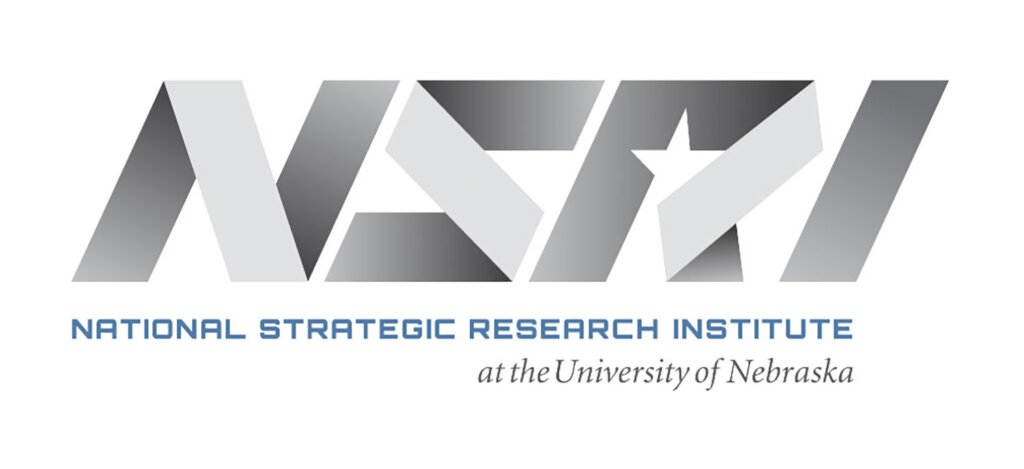KEARNEY – Three University of Nebraska at Kearney faculty will help the University of Nebraska amplify research for the Department of Defense and other federal agencies with national security missions.
Associate professor of cyber systems Angela Hollman, associate professor of biology Brandon Luedtke and associate professor of chemistry Kristy Kounovsky-Shafer were named National Strategic Research Institute fellows.
They are among 74 researchers from the NU system who will contribute their expertise, talent and foresight to build multidisciplinary teams that develop solutions for complex problems across the spectrum of chemical, biological, radiological, nuclear and explosive threats.
“I am extremely proud of these UNK faculty serving as NSRI fellows and working with NSRI,” said Richard Mocarski, UNK assistant vice chancellor for research. “I believe our researchers have the potential to contribute to the significant national security efforts that NSRI, as a systemwide institute, pursues.”
Since it was established in 2012, NSRI has conducted and facilitated 124 projects through $180 million in contracts and grants with NU and the federal government. In September 2020, its University Affiliated Research Center status was renewed by its sponsor, U.S. Strategic Command, with a $92 million contract vehicle.
“These fellows will be a great connection point for research between NSRI and UNK while providing a platform for growing potential student opportunities,” said Mocarski. “UNK is thrilled to be partnering with NSRI and building a foundation for future collaborations.”
This is the inaugural class of NSRI fellows, who were nominated by NU campus leaders and NSRI directors. They are led by Dr. Neal Woollen, NSRI senior research strategy officer.
“The COVID-19 pandemic is a vivid example of how CBRNe threats impact all of society,” Woollen said. “It emphasizes the need for broad, inclusive and effective countermeasures to enhance readiness, deny effects, protect service members and society, make society more resilient and deter intentional use.”
As a DOD-designated University Affiliated Research Center, it is the NSRI’s responsibility to look ahead to the next threat and next solution, said Rick Evans, NSRI interim executive director.
“NSRI fellows will bring our institute even closer together with the experts across the university system so we can continue to deliver on our core competencies and maintain the research and development expertise, capabilities and technology the nation needs today – and will need tomorrow.”



